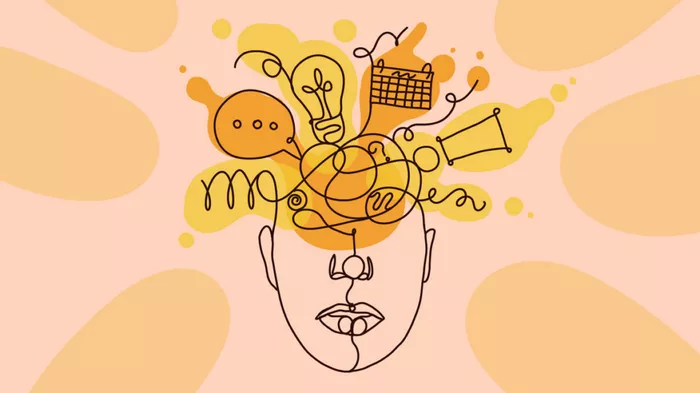In a significant move to promote mental health awareness and support individuals facing mental health challenges, the Governor of Arunachal Pradesh, Lt. General KT Parnaik (Retd.), presented a cheque of Rs 30 lakhs to Shri Deepak Nabam for the Deepak Nabam Living Home, a destitute centre located in Senki Park, Itanagar. The grant was provided under the Mukhya Mantri Manasik Swasthya Yojana Society, an initiative by the state government aimed at enhancing mental health care services across Arunachal Pradesh.
Governor’s Commendation for Deepak Nabam Living Home
The Governor praised the exceptional work of the Deepak Nabam Living Home, describing it as a beacon of hope for individuals struggling with mental health conditions. He lauded the facility’s commitment to providing care, support, and dignity to those who are marginalized due to mental illnesses. Highlighting the importance of such institutions, Lt. General Parnaik emphasized that with proper care and opportunities, individuals battling mental health challenges can recover, grow, and thrive.
In his speech, the Governor called for the creation of a compassionate society where mental health care is considered a fundamental right rather than a privilege. He stressed that it is essential to move beyond the stigma associated with mental health issues and foster an environment of support, inclusion, and acceptance for all individuals, particularly those facing mental health challenges.
A Call for Collective Responsibility in Mental Wellness
In line with the Governor’s remarks, he underscored the idea of collective responsibility in promoting mental wellness. He urged all sections of society—government agencies, healthcare professionals, and the general public—to come together and collaborate in ensuring mental health services are accessible, stigma-free, and inclusive. This collective effort is crucial in breaking down the barriers that prevent individuals from seeking help and receiving the care they need.
Health Commissioner Highlights Key Developments
Shri Pawan Kumar Sain, the Health Commissioner of Arunachal Pradesh, provided further details about the Deepak Nabam Living Home. He noted that the facility is the first halfway home to be officially registered under the State Mental Health Authority. The home is subject to regular inspections and recommendations from the authority, ensuring that it adheres to established guidelines and standards for mental health care. Additionally, all inmates at the facility are registered at the State Mental Hospital in Midpu, ensuring that they receive appropriate medical attention and care.
Upcoming Mental Health Camp
Shri Sain also announced the organization of a mental health camp scheduled for December 30, 2024, at the Deepak Nabam Living Home. This camp will provide several vital services to the community, including:
- Free medical checkups for over 300 patients.
- Distribution of free neuropsychiatric medicines to those in need.
- Consultations by senior psychiatrists and medical officers, providing expert advice and treatment options.
The camp is designed to serve as an outreach initiative, offering both immediate care and long-term support for individuals experiencing mental health issues. This aligns with the state government’s broader efforts to prioritize mental health as an integral aspect of overall well-being.
Conclusion: Creating an Inclusive Society
In his concluding remarks, the Governor reiterated the importance of breaking the societal stigma surrounding mental health and creating an inclusive and supportive environment. His support for the Deepak Nabam Living Home and the accompanying grant is a clear indication of the state’s commitment to improving mental health care services, ensuring they are accessible to everyone, and integrating mental health as an essential part of holistic health care.
This initiative reflects a growing awareness in Arunachal Pradesh and across the country of the need for comprehensive mental health services, greater community involvement, and a compassionate approach to those living with mental illness. By fostering a more inclusive and supportive environment, the state hopes to contribute to the mental well-being of all its citizens.


